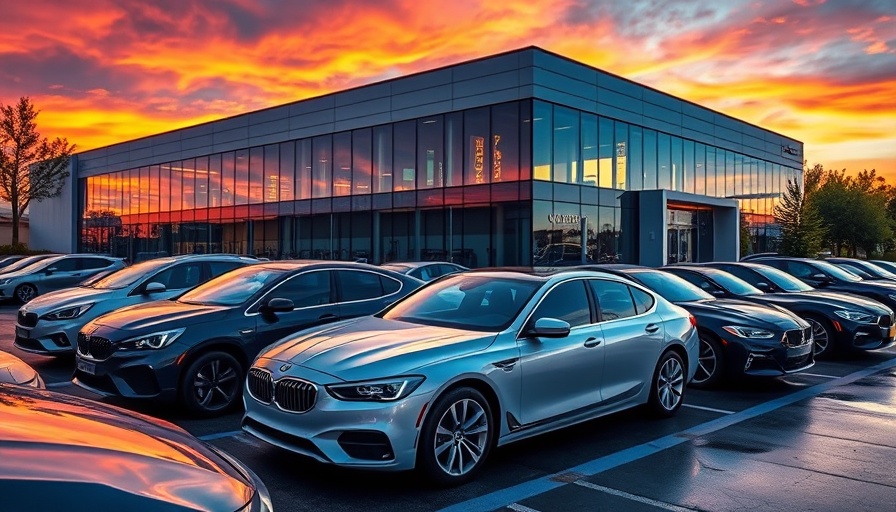
Making Waves in the Automotive Industry
The automotive market is constantly evolving, with dealerships adapting to meet consumer demand and strategic opportunities. Recently, Sloane Automotive Group and McFarland Ford have made headlines for their remarkable expansions, reflecting the dynamism of the sector.
A Strategic Acquisition: Sloane Automotive Group's Move
Sloane Automotive Group has taken a significant leap by acquiring Daniels BMW and MINI in Pennsylvania, rebranding them as BMW of Allentown and MINI of Allentown. This acquisition not only showcases Sloane's growth ambitions but also reflects a shift in dealership ownership dynamics. Founded in 1970 by Robert Sloane, the group now boasts nine dealerships across the Philadelphia and Lehigh Valley regions, with brands from Toyota to Porsche. Local family-owned dealer groups like Sloane are increasingly pivotal in regional markets, presenting a challenge to larger, impersonal corporate chains.
McFarland Ford’s Expansion Plans: A New Era for New Hampshire
On the other hand, McFarland Ford is making significant strides in New Hampshire with plans to propose not one, but three new car dealerships. Co-owner Chris Lane shared ambitions to build a 35,000-square-foot facility for McFarland Kia and modernize current operations. The proposed site will replace an existing garden center and significantly enhance dealership service capabilities. This reflects a strong trend within the automotive market where modernization is key to attracting and retaining customers in a competitive landscape.
The Impact of Local Ownership
The expansion efforts of Sloane and McFarland emphasize the importance of local ownership within the automotive sector. Family-run dealerships often foster community connections and customer loyalty that larger conglomerates struggle to match. For GMs and dealership managers, learning from these successful models can inform their strategies for enhancing customer service and community involvement.
Looking Ahead: Industry Trends
In both examples, the trend of consolidation and expansion within local markets is evident. As dealerships like Sloane and McFarland innovate and expand their footprints, they also set benchmarks for success in customer experience and technology integration. Keeping an eye on these developments can equip professionals in the automotive industry with insights that shape their operational strategies and encourage adaptation to changing consumer expectations.
Conclusion: A Call for Adaptability
The automotive industry is in a state of transition, driven by acquisitions and expansions that reflect broader economic trends. For dealership principals and GMs, paying attention to these shifts is essential for not just survival, but success in a rapidly evolving landscape. The future of automotive retail lies in agility, local engagement, and a keen understanding of market dynamics.
 Add Row
Add Row  Add
Add 




Write A Comment